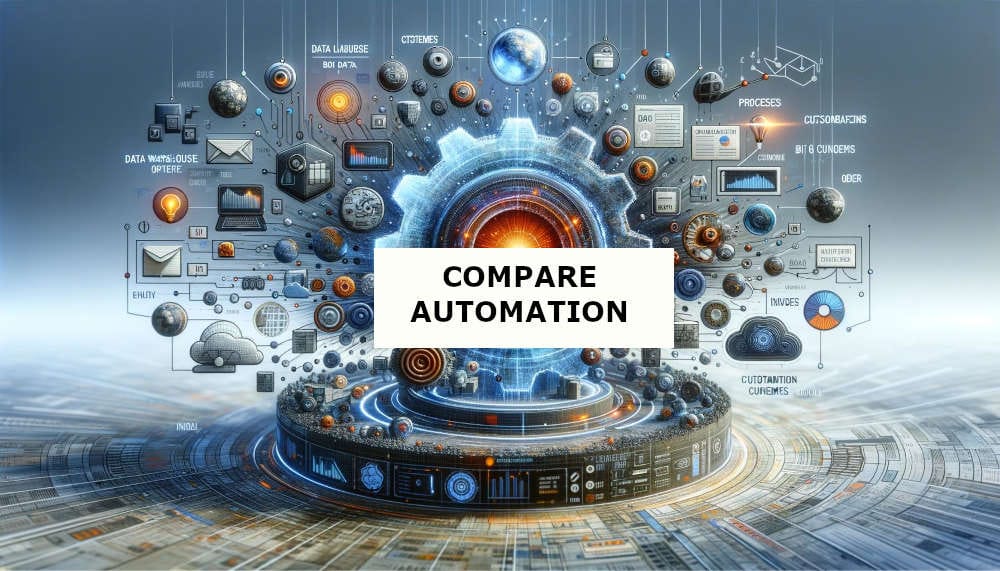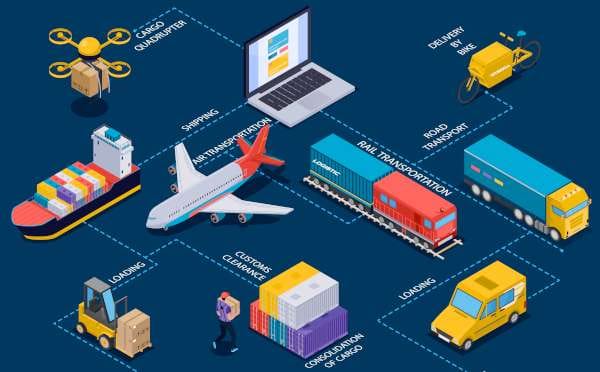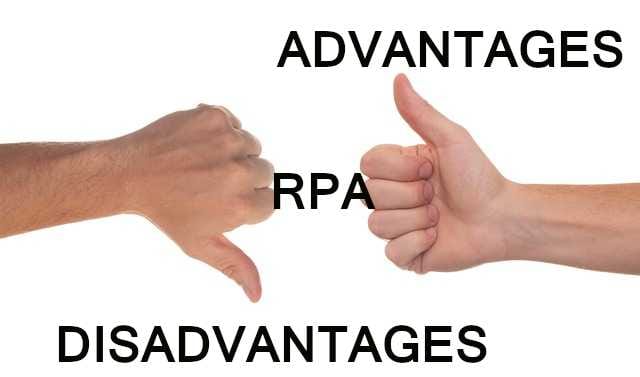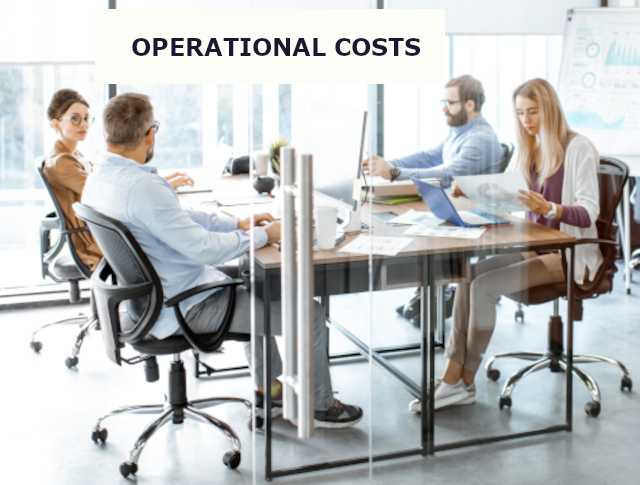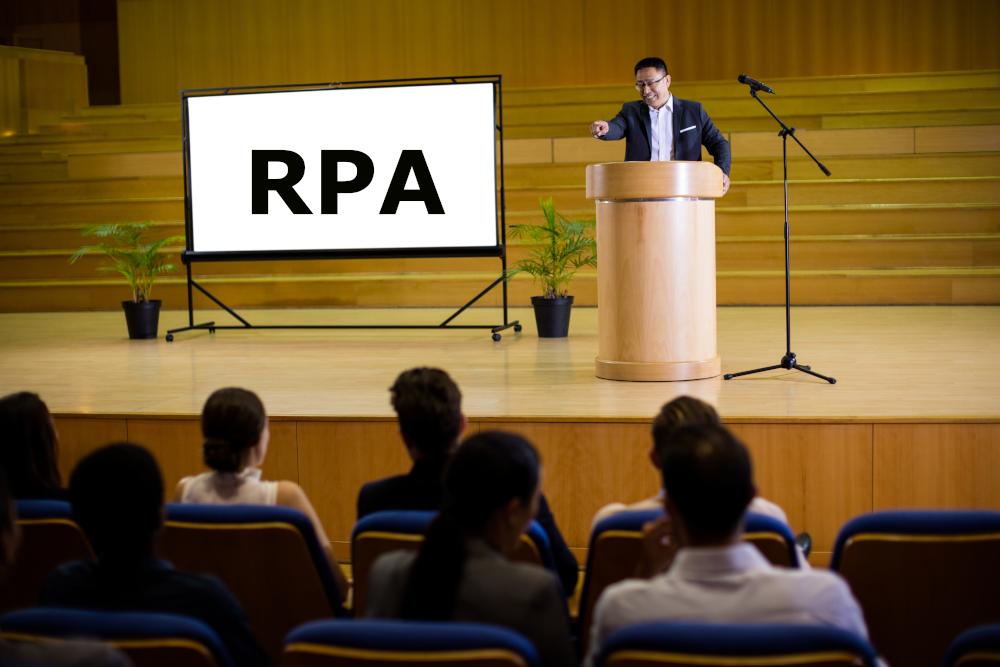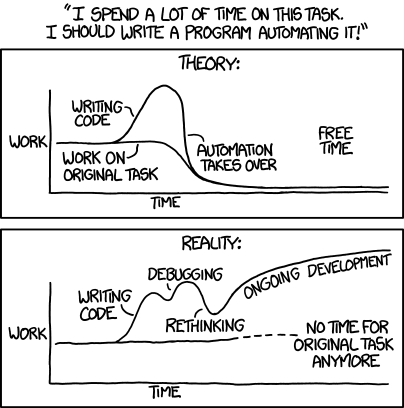
RPA investment SWOT analysis
Considering an investment in RPA ? (Robotic Process Automation)
What is the impact of using Software Robots?
This is an example SWOT for an RPA implementation.
STRENGTHS
Fully / Partially automated process
Time Saving on task processing
Cost reduction in operation
Can run 24/7
Can have “Human in the loop” solutions
Software Robots deliver Accuracy, Consistency
No change to business applications – Non invasive implementation
Audit Logs to support compliance and Improved analytics
Secured access – Robots can have long passwords
Software Robots do not “Leak” sensitive data / processing is impartial
RPA is used by major corporates and Government
RPA is available from a range of vendors
Works with GUI and / or API
There is an established talent pool of consultants and contractors
Rapid development
Business Continuity improvement – easier to re-deploy technology than people
WEAKNESSES
Complexity is more than initial expectations
Exceptions handling consumes a lot of effort
Maintenance required on processes (bots) and RPA software
Requires structured data – Unstructured input for processing requires AI
Technology is vendor specific, migration between vendors is difficult
Solutions predominately Windows based
Requires experienced developers
Limits flexibility / agility for change
Human / Robot interface – context of whole process may be lost
Requires initial investment
Limited PAYG options
OPPORTUNITIES
RPA learning for staff
Encourages process standardisation
Leverages FTEs to other high skilled tasks
Process Improvement
Building COE for RPA skills
Works with legacy systems
Greater ability to scale / handle peak workloads
Adjust time when work is completed
Able to adjust for seasonal workloads
Replace Outsourced tasks
THREATS
Amount of Change / Upgrades to underlying processes
Consideration on existing systems capacity., licences and SLA provisions
Scalability of COE – organisational impact
Technology evolution – New products offering same functionality at better value
Difficulty in migrating between technologies – lack of standards
Poor data quality can generate errors that RPA does not expect
Difficulty in retaining good RPA staff
Cyber attack on software robots
Staff resistance to new technology
— || —
Each implementation will require some variation to the above example to reflect the specifics of the existing IT environment, the processes being considered for automation and the skills of the individuals involved in the implementation project.


